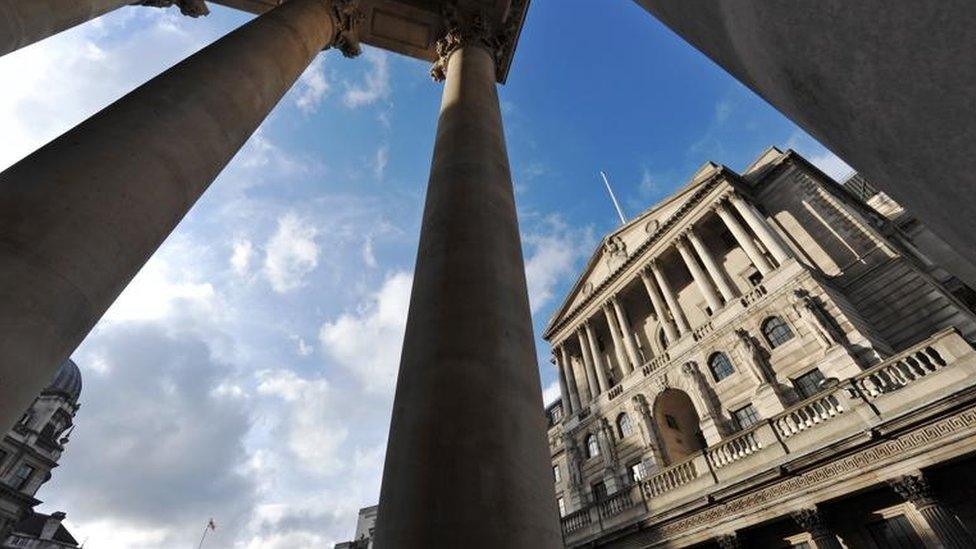EU referendum: Reaction from business and industry
- Published
UK companies and business organisations say action to shore up stability and confidence is needed following the UK's vote to leave the European Union.
Companies are still digesting the impact of the referendum decision, but there is general agreement that a prolonged period of uncertainty will damage the UK economy. Here's some reaction from UK plc.

Employers' organisations
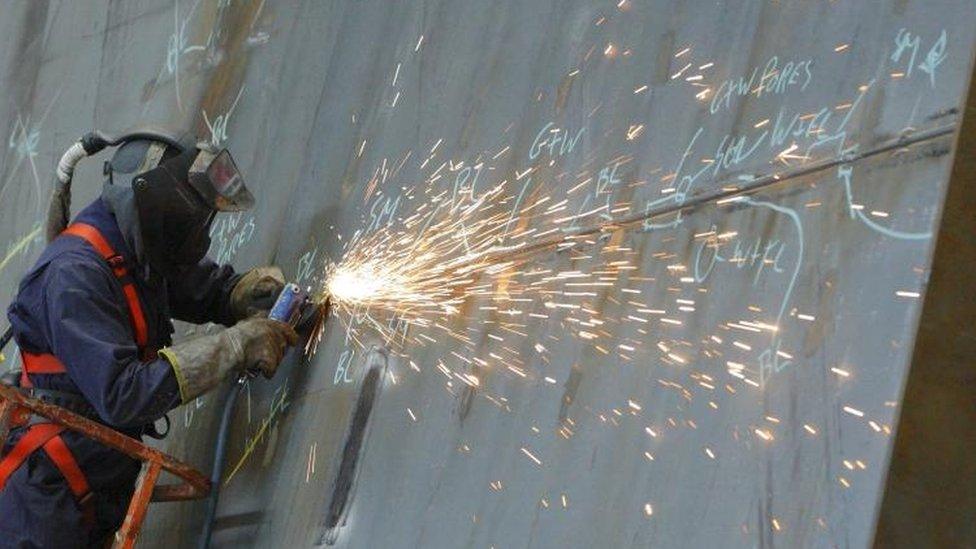
Business groups have called for clear leadership from the government
The CBI's director-general Carolyn Fairbairn said the decision was "momentous", but she was confident business would adapt.
"The urgent priority now is to reassure the markets," she said. "We need strong and calm leadership from the government, working with the Bank of England, to shore up confidence and stability in the economy.
"This is not a time for rushed decisions."
For the EEF manufacturers organisation, the terms on which government negotiates an EU exit will be key.
EEF chief executive Terry Scuoler said: "The government must tread carefully, keeping if we can a trading relationship with the single market, avoiding dramatic overnight changes and not becoming bogged down to the detriment of making long-awaited and much-needed decisions on projects vital to our future economic prosperity."
The British Chambers of Commerce (BCC), which represents many of the UK's smaller firms, called for a clear and detailed plan from the government on how to support the economy during the transition from EU membership.
Dr Adam Marshall, BCC acting director-general, said: "All companies will expect swift, decisive, and co-ordinated action from the government and the Bank of England to stabilise markets if trading conditions or the availability of capital change dramatically.
"Businesses need action to maintain economic stability, a timeline for exit, and answers to their many practical, real-world questions about doing business during and after this historic transition. The health of the economy must be the number one priority - not the Westminster political post-mortem."

Industry
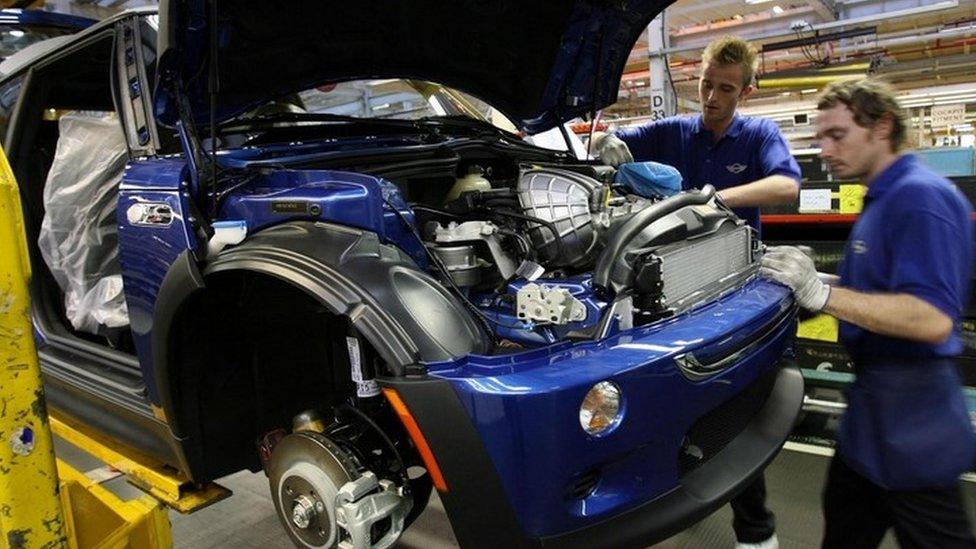
The owner of Mini, BMW, wants more clarity on future negotiations
Carmaker Jaguar Land Rover, owned by India's Tata Group, insisted it would be "business as usual". A spokesman said: "We are a British business with a strong manufacturing base in this country, we call Britain home and we remain committed to all our manufacturing sites and investment decisions.
"We respect the views of the British people and in line with all other businesses, JLR will manage the long-term impact and implications of this decision: nothing will change for us, or the automotive industry, overnight."
However, luxury sportscar maker Aston Martin warned that additional "productivity and efficiency" gains might be needed at the company.
Chief executive Andy Palmer said: "Aston Martin will now orientate its business to deliver our mid-term plan in the context of the exit and the market volatility that may exist during the period of transition.
However, he added that a weaker pound should "partially offset" the increased instability because it makes exports cheaper.
Germany's BMW, which owns Mini, said there would be "no immediate change" to its UK operations, but would not comment on any longer-term implications.
"Today, we know that many of the relevant conditions for supplying the European market will have to be renegotiated, but of course we cannot say what this means for our UK operations until those future regulatory and legislative arrangements are agreed," a spokeswoman said.
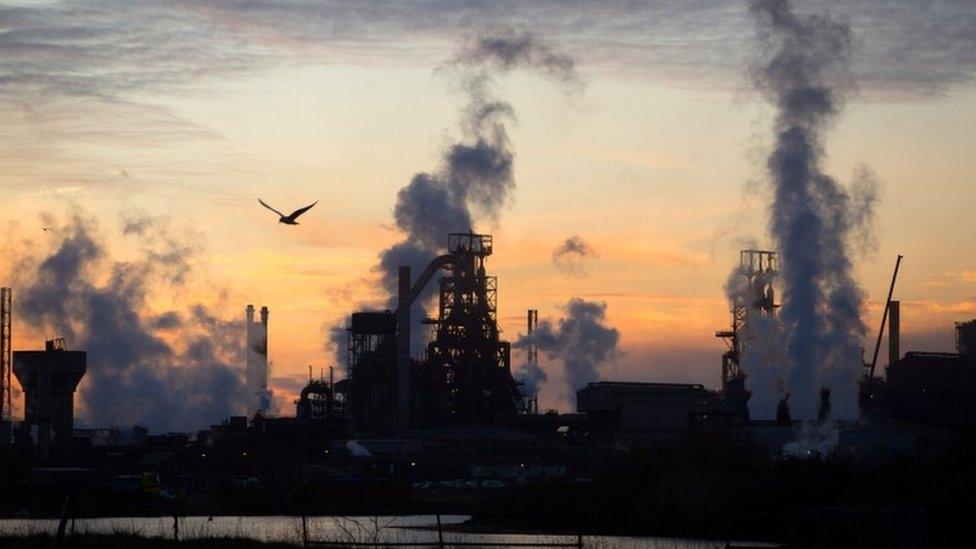
The steel industry said leaving piled on the pressure
A sector already under pressure is the steel industry, as Tata considers selling its UK operations. Gareth Stace, director of trade body UK Steel, said the decision to leave would send "shockwaves" across the industry.
He said: "Our sector is well versed in having challenges thrust upon it, but it's clear that this is like no other. It is now more essential than ever to create the right business conditions in the UK that allow the steel industry to survive, invest and thrive.
"Government now needs to fully and finally tackle head on the uncompetitive electricity and policy costs that have historically hindered the growth of steel producers and seen thousands of high-skilled jobs lost over the last year."

Airlines
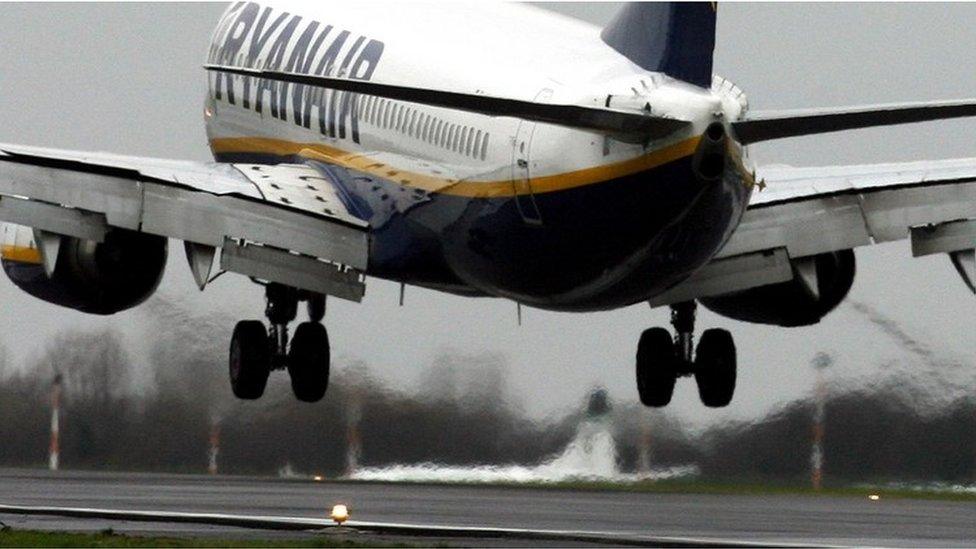
Ryanair has been upbeat about Brexit but other airlines have voiced fears about future profits
Shares in airlines collapsed in early trading. There's been much talk about the consequences for airline fares and the impact on Europe-wide aviation agreements, but Ryanair took an upbeat view of the situation.
A Ryanair spokesman said: "It's a good job we're better at running an airline than political campaigns. Britons are booking our £9.99 seats in record numbers in what will be the last big seat sale of its kind, as they look to flee a country which will be run by Boris, Gove and Farage."
Meanwhile, the owner of British Airways and Iberia, IAG, said the Leave decision could trim profits. The group said: "Following the outcome of the referendum, and given current market volatility, while IAG continues to expect a significant increase in operating profit this year, it no longer expects to generate an absolute operating profit increase similar to 2015."
At rival Easyjet, chief executive Carolyn McCall said the government must "accelerate discussions" with EU governments and regulators to ensure that the UK remains part of the single aviation market.
"This would enable EU airlines to fly freely within the UK and between the UK and EU, allow UK airlines to fly freely across Europe and would ensure that consumers continue to benefit from low fares."

Banks and the City
Banking shares have tumbled, but the head of the sector's trade body said "careful deliberation" was needed now. Anthony Browne, chief executive of the British Bankers' Association, said: "The government should have time to plan the UK's approach to any Exit Treaty and lay the ground for an effective negotiation with EU partners."
And for those people worried about access to money, he said: "Customers should rest assured their banking services will continue as normal. People will be able to take money out of cash machines, exchange currency and have full access to their banking services."
The organisation that speaks for the huge industry looking after pension funds and other investments predicts "challenges ahead" - but is unsure what they will be at the moment.
The Investment Association said: "Today, the UK remains a member of the EU and the rules and regulations governing asset management remain unchanged, and the protections that were in place for clients yesterday remain in place today.
"The focus in the short term will be on how markets respond, but it is important that we adopt a collective long-term focus on how the UK can preserve the pre-eminence of its financial services sector including our highly successful £5.5tn asset management industry - the second largest industry of its kind in the world."

Several City firms now expect a recession in the UK
However, one of the City's big investment firms was clear that the referendum decision would damage the economy.
Piers Hillier, chief investment officer at Royal London Asset Management, said: "We expect the UK will fall into a recession. Unfortunately I see unstable market conditions lasting for between three and five years whilst new trade agreements are drawn up.
"It is our view that the UK government will be left with no choice but to stimulate the economy through fiscal and monetary means, flooding the system with liquidity if necessary."
Investment first Hermes looked at the global implications. Chief executive Saker Nusseibeh said: "Besides a sharp sell-off in risk and in sterling, as well as a recession in the UK - which is expected - our fear is that this may trigger political uncertainty within Europe which in turn may lead to a severe global market correction."
He added: "We know that we are now in an even more prolonged super-low interest rate environment outside of the UK, with the US likely to delay its decision to raise interest rates even further out."

Economists
Economists predicted a Leave vote would hit the economy in the short term, but were divided about the long-term impact.
Martin Beck, senior economic adviser to the EY Item Club, said the UK was now in "unchartered territory".
He said: "The short-term economic impact is more likely to come down to the effect on confidence and expectations. Uncertainty over the UK's future trading relationship with the EU could continue to hold back investment in some industries.
"And there is a risk that firms in sectors where an EU domicile is important for business, notably international finance, may choose to move activity out of the UK to guard against the possibility of no deal being agreed."
Although Capital Economics' chief European economist Jonathan Loynes agreed that the vote had produced "shockwaves", he thought the long-term impact would be milder than many people predicted.
"We maintain the view that the ultimate damage will be rather smaller than some of the more pessimistic projections have suggested. After all, the UK will remain inside the EU for at least two years and possibly longer. This will allow time to clear up some uncertainties, not least over the UK's future trading relationship with the remainder of the EU and rest of the world."
- Published24 June 2016
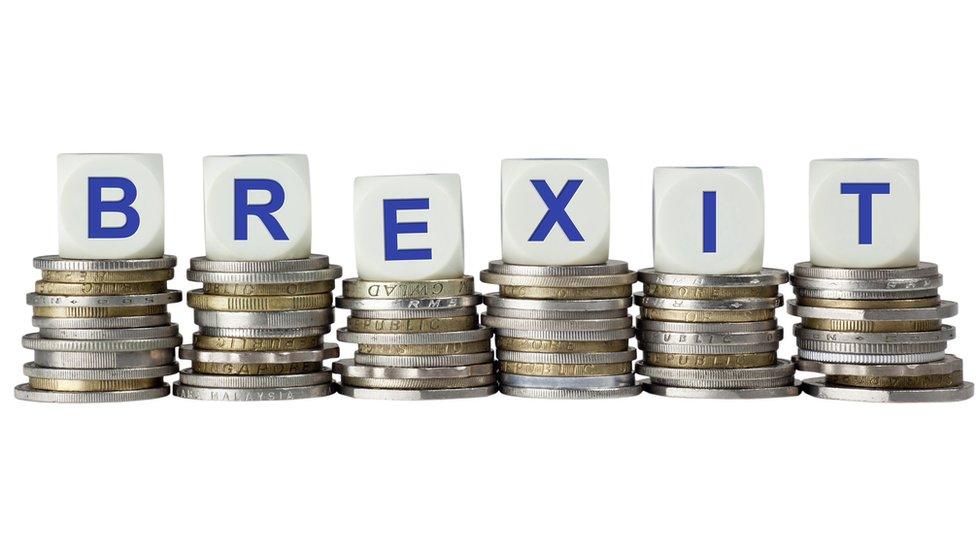
- Published24 June 2016
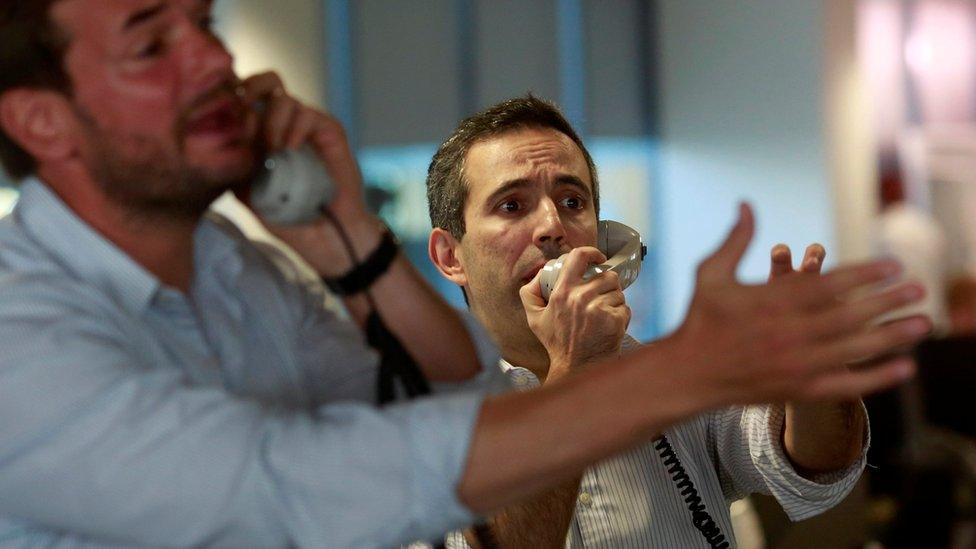
- Published24 June 2016
